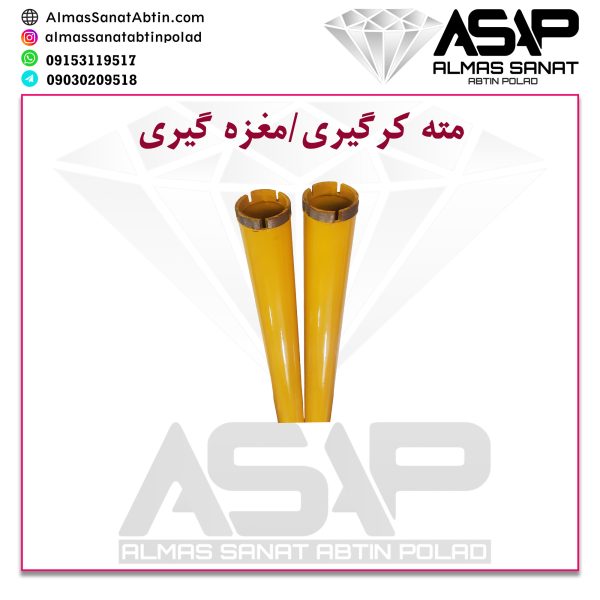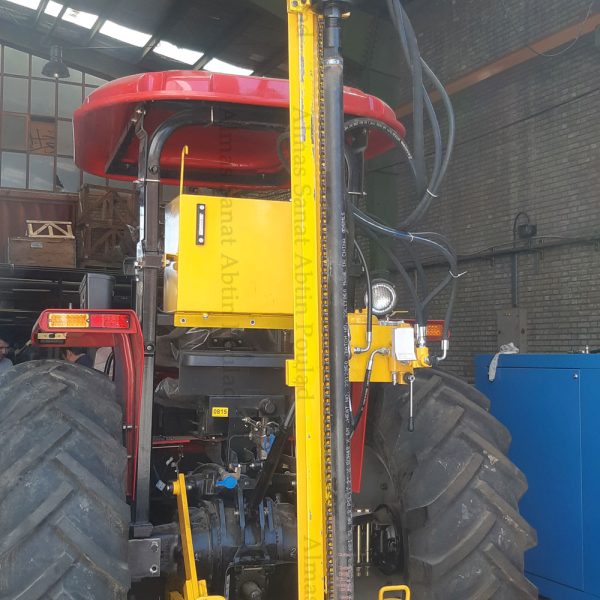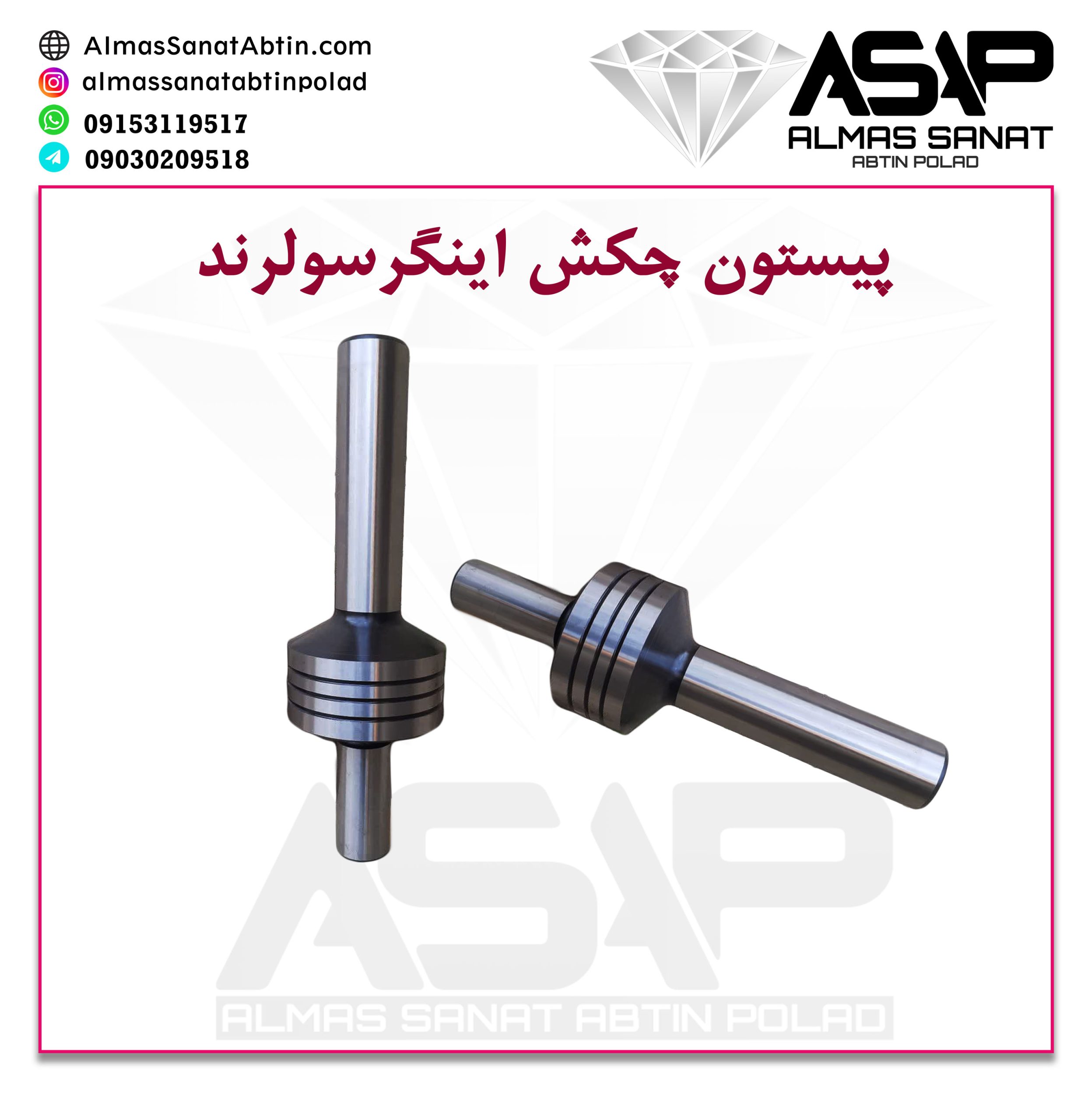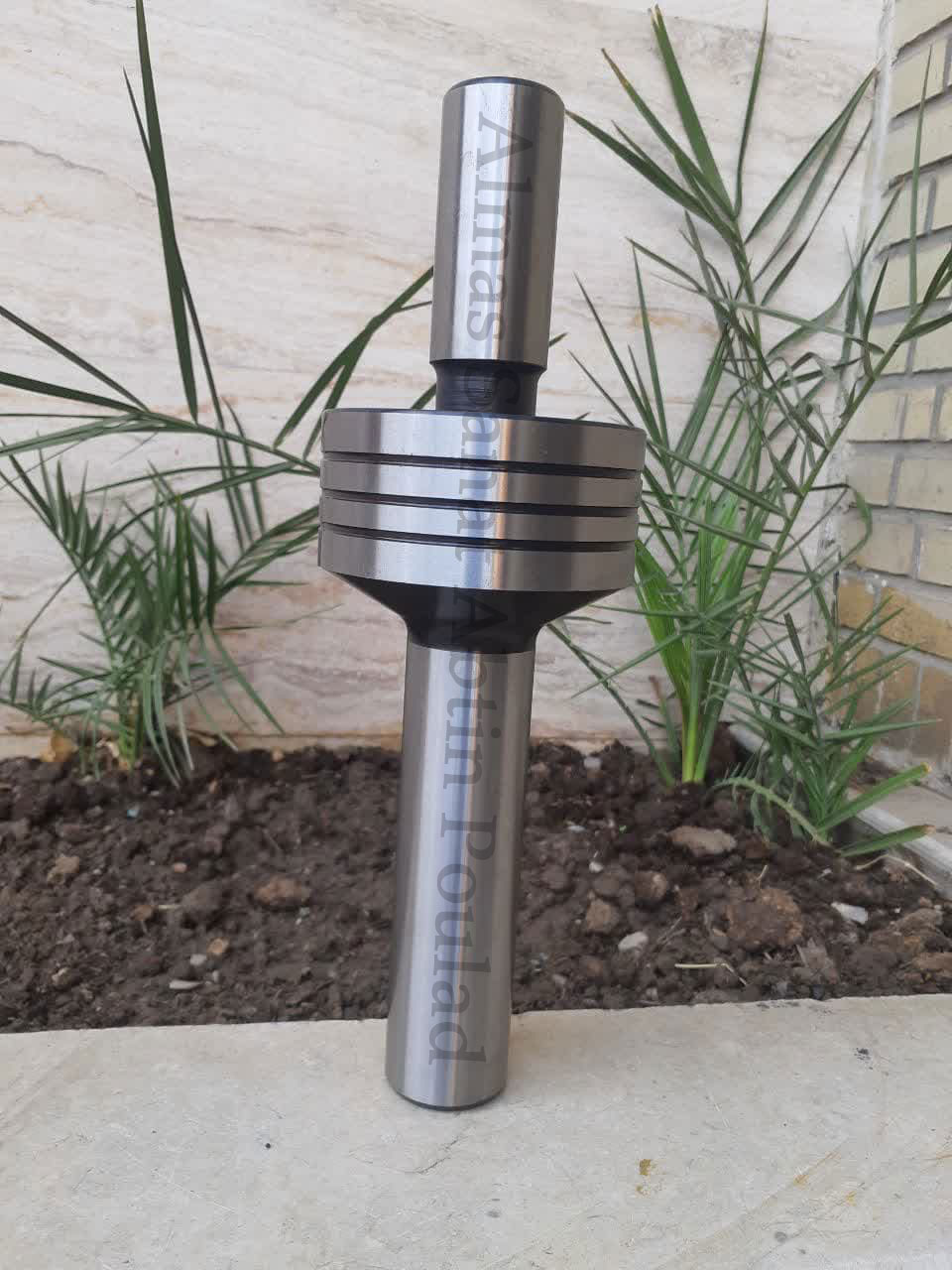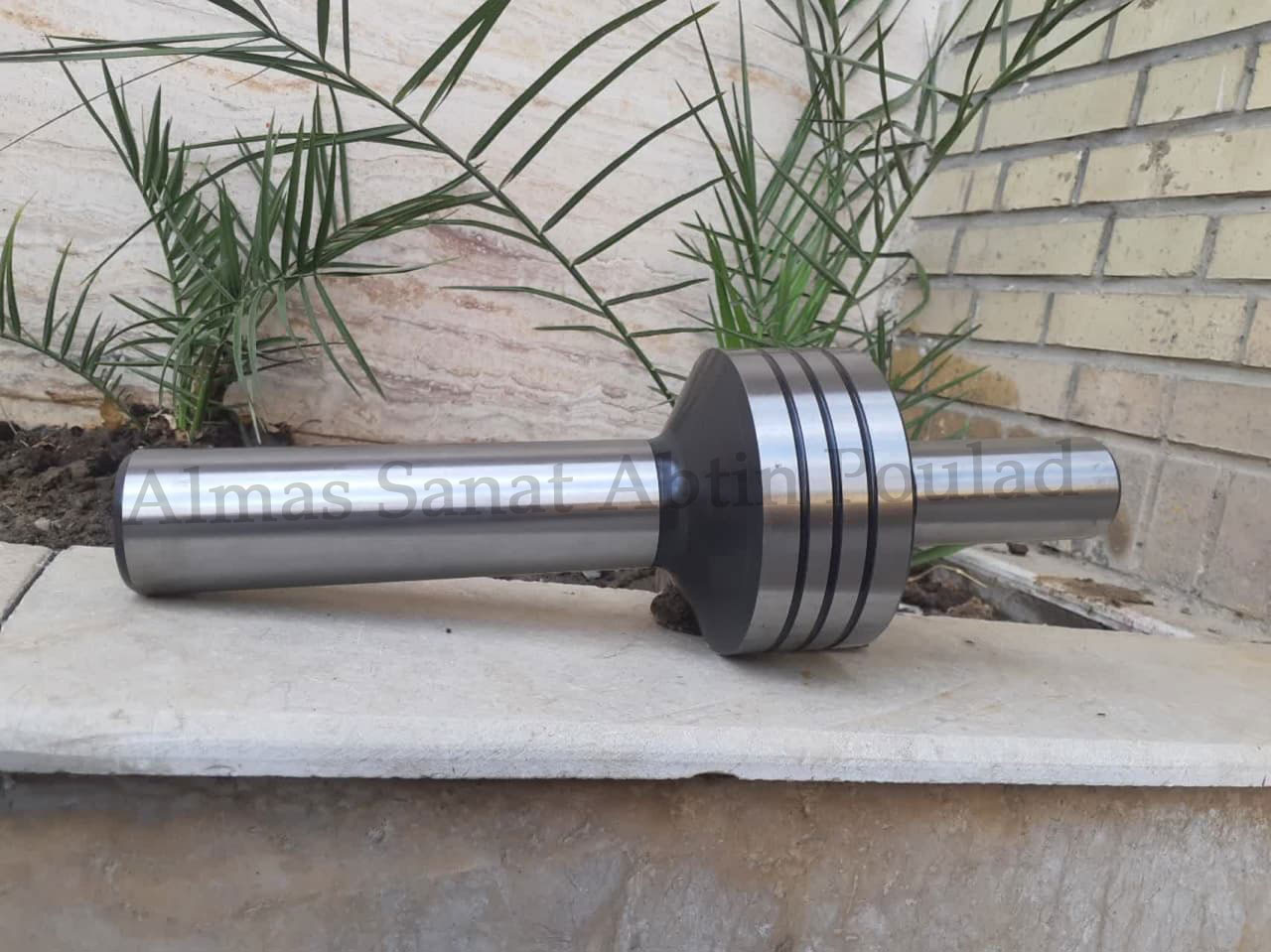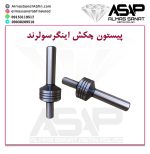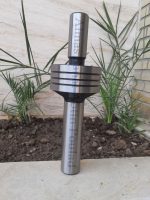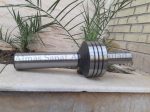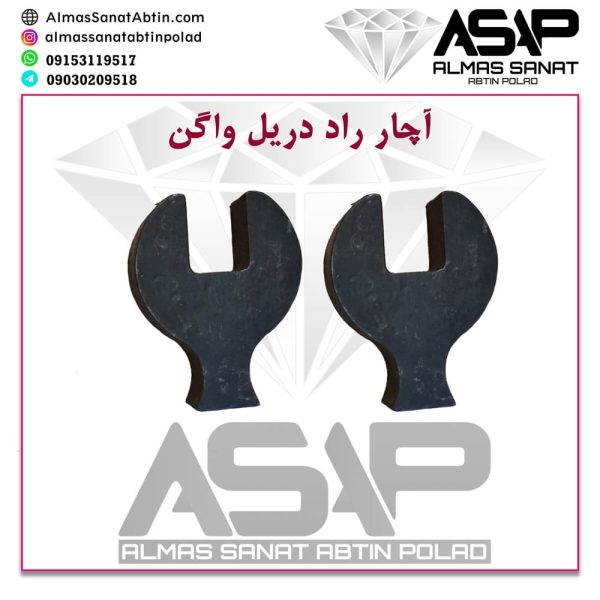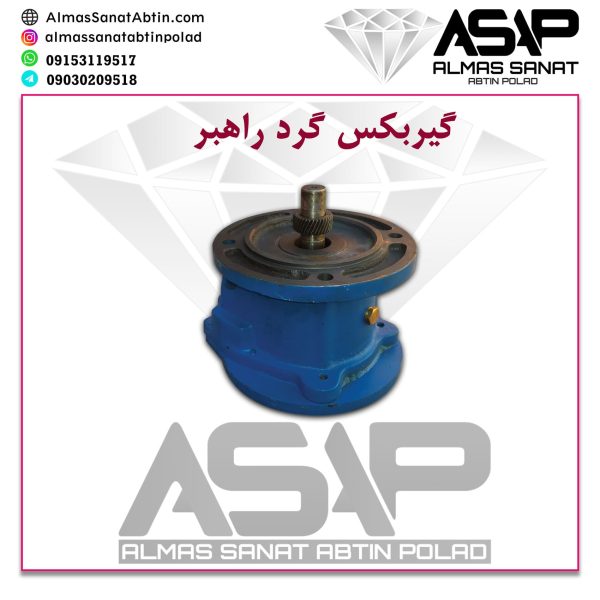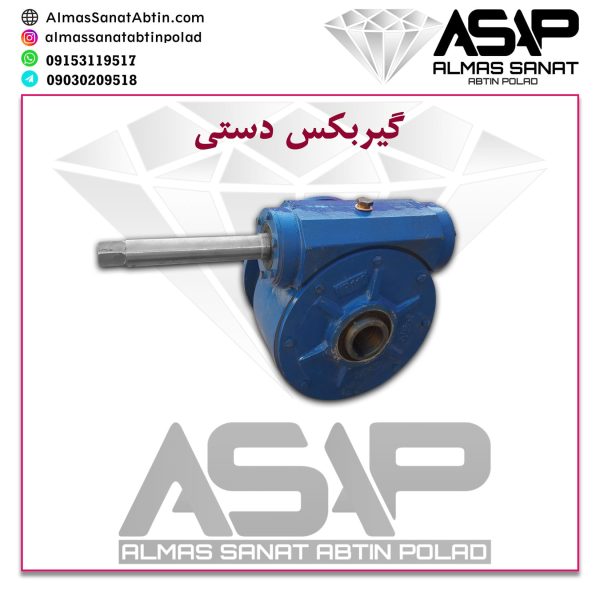Ingersoll Rand Drill Hammer Piston Size 140
Sale of genuine Ingersoll Rand drill hammer pistons, suitable for DTH and Top Hammer drills. Resistant to wear and high pressure. For price inquiries and orders, please contact the following numbers.
051-36513317-8
09030209518
09153119517
The Ingersoll Rand Drill Hammer Piston is a key component in the pneumatic or hydraulic drill hammers of this company. This piston is essentially the heart of the hammer, repeatedly striking the bit to provide the necessary energy to break rocks or mineral materials.
Common technical specifications of the Ingersoll Rand drill hammer piston (depending on the model):
Note: There are various models such as IR T4W, IR YH65, IR DTH Hammer QL Series, etc., and the exact specifications vary depending on the model.
2/2
General Features of the Drill Hammer Piston:
Material:
Alloy of chromium-molybdenum steel (Cr-Mo Steel)
Heat-treated for wear and fatigue resistance
Typical hardness between 52–58 HRC
Function:
Reciprocating motion at high frequency
Direct impact transmission to the bit shank
High-precision design to generate appropriate air pressure in each impact cycle
Mechanical Specifications (Sample):
Diameter: From 60 to 180 millimeters (depending on the hammer model)
Length: 300 to 900 millimeters
Weight: 5 to 60 kilograms
Design considerations:
Internal air channel design for compressed air distribution
2/2Polished edges to reduce friction with the cylinder
Proper weight balance to reduce vibration and increase impact efficiency
Types of hammers related to these pistons:
| Type of Hammer | Application | Operating Pressure | Description |
|---|---|---|---|
| DTH Hammer (Down The Hole) | Deep drilling in mining, oil, and water | 7–25 Bar | The piston works inside the hammer at the bottom of the hole |
| Top Hammer | Tunnel drilling, exploration drilling | 6–12 Bar | The piston is located at the top of the drill |
| Pneumatic Rock Drill | Lighter drilling | 5–8 Bar | Mostly used in surface or mining drilling |
Signs of malfunction or need to replace the drilling hammer piston:
Reduced impact power
Decreased drilling speed
Unusual wear or cracks on the piston surface
Unusual noise during operation


